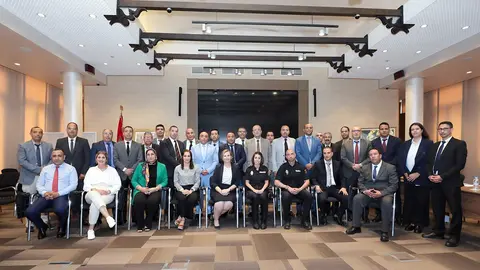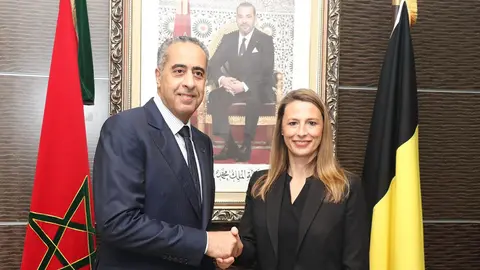Morocco shines for its efficiency and international commitment in the fight against terrorism
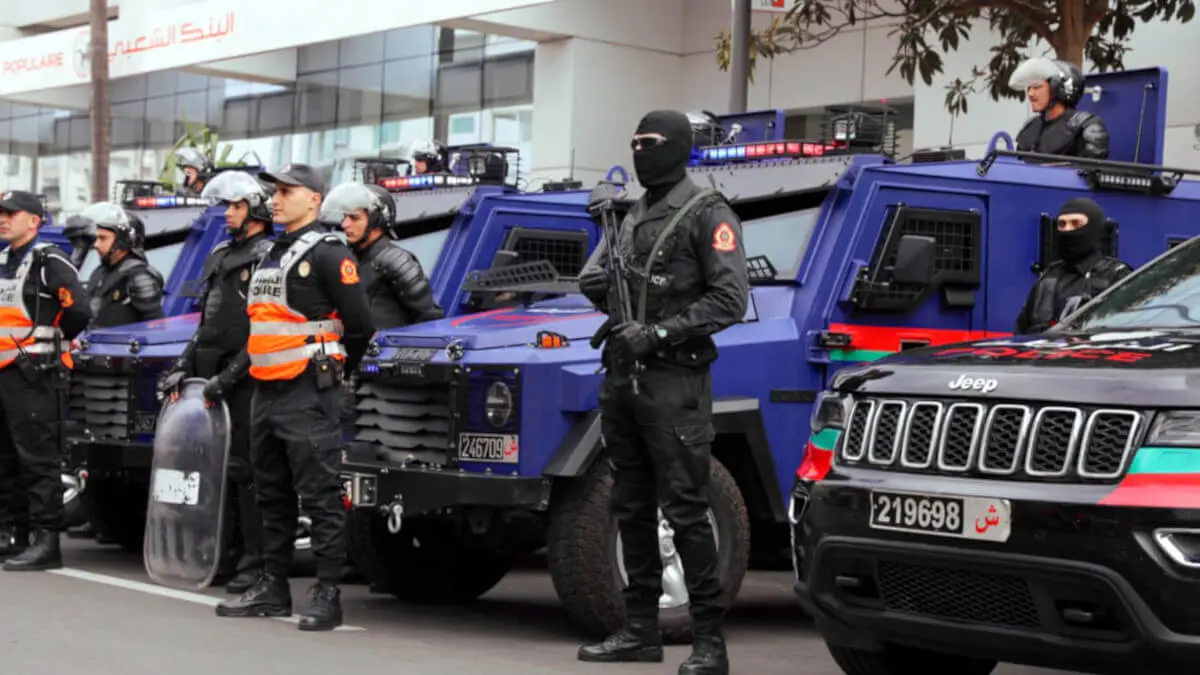
- Morocco, a counter-terrorism power
- Legislation and international cooperation
- Radicalisation and rehabilitation
- Borders and security
The US State Department has issued its annual report on terrorism, which analyses the involvement of all countries in the world in the fight against this scourge. This year's report focuses on four areas: counterterrorism efforts; legislation and international cooperation; the approach to counter-radicalisation and rehabilitation; and border management and homeland security.
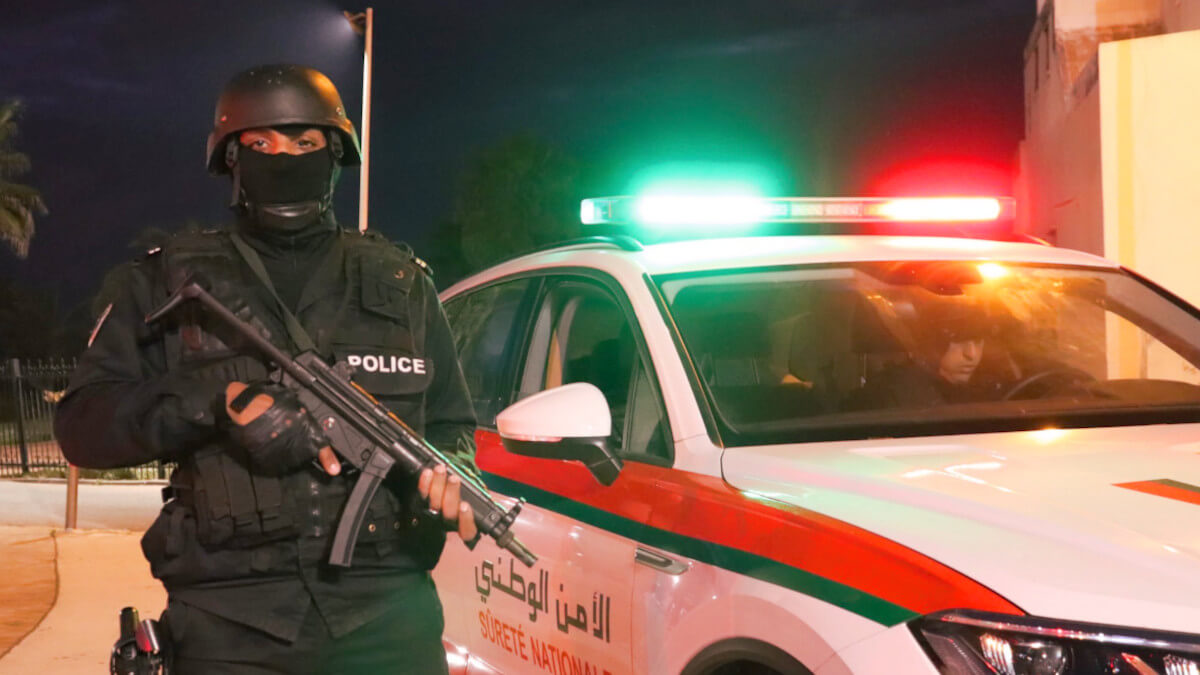
The conclusions reached in this report on counterterrorism cooperation between Morocco and Algeria, two key countries in the Maghreb region, are markedly different.
Thus, the State Department indicated that the security policies proposed and implemented by Morocco are effective and illustrate the capacity of the General Directorate of Territorial Surveillance (DGST) and the Central Bureau of Judicial Investigations (BCIJ) in their fight against terrorism.
Morocco, a counter-terrorism power
In terms of counter-terrorism efforts, Morocco ranked among the 10 best-performing countries in 2023. In this respect, the North African country was among the states with the lowest number of terrorist incidents. Moreover, only one death was recorded, which is indicative of the effectiveness of Moroccan intelligence, which arrested 56 people in 2023.
Moreover, the State Department indicated that Morocco is a member of the Middle East and North Africa Financial Action Task Force (MENAFATF) and its Financial Intelligence Unit, and added that the National Financial Intelligence Authority is a member of the Egmont Group.
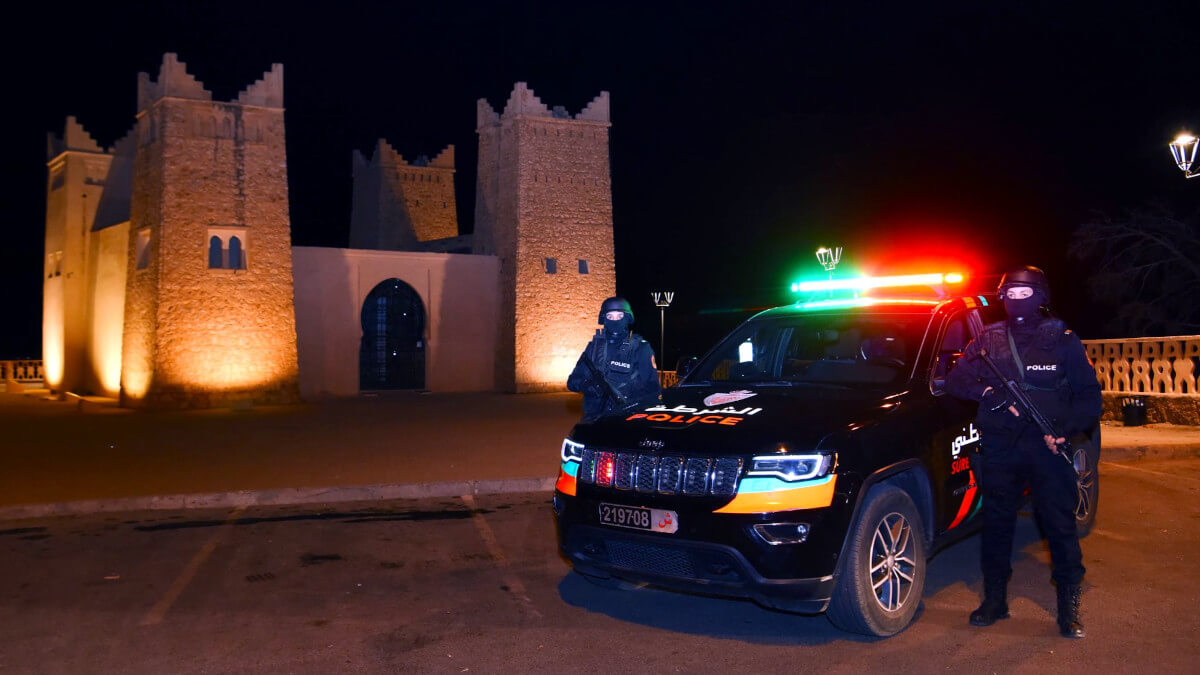
However, the US State Department report's assessment of Rabat's regional rival, Algeria, highlights that while the country has not suffered a large number of attacks, it faces serious problems along its borders, especially with Mali, Mauritania and Niger, due to the persistence of rebel and extremist groups. It adds that the Algerian authorities lack proactivity in identifying and neutralising such threats.
Legislation and international cooperation
With the United States as its main security partner, Morocco has seriously tightened anti-terrorism laws and redoubled efforts to prevent extremist groups from reenacting past scenes such as those in Marrakesh in April 2011 or the images of Casablanca in May 2003.
Morocco is a member of the Global Coalition to Defeat ISIS and co-chairs the Working Group on Africa. By basing its work on collaboration and close international cooperation, the DGST, with Abdellatif Hammouchi at the helm, has succeeded in inducing large-scale money laundering groups such as the Financial Action Task Force (FATF) into inaction.
In addition, Alawi intelligence forces have strengthened their global position by successfully stopping Daesh actions on national territory. In contrast, Algeria has focused its efforts more on controlling internal threats than on cooperation with regional and international actors.
While the report values Algeria's commitment to overthrowing terrorism, the unstable situation in the Sahel means that Algeria's effectiveness in stopping such actions does not stand out as it should. Events such as the classification of the ‘Mouvement pacifique pour l'autodetermination de la Kabylie’ as a terrorist organisation tarnish the country's international image.
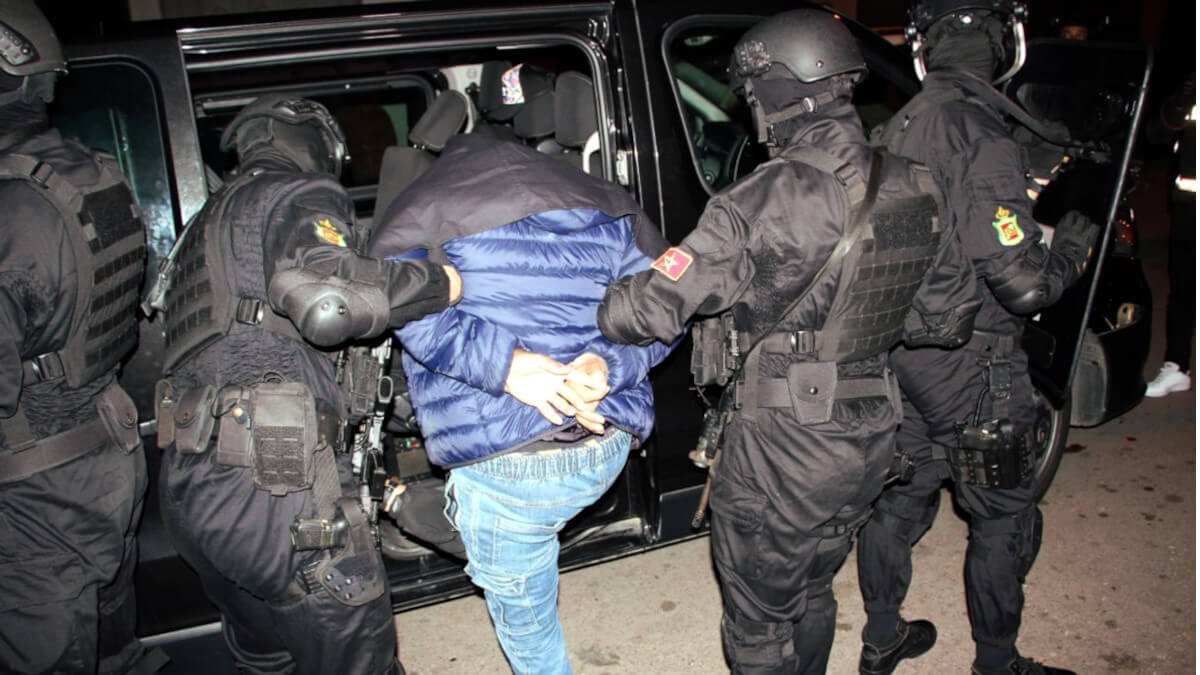
Radicalisation and rehabilitation
Based on a model that combines security, education and social reintegration, Morocco stands out for its proactive approach in the fight against radicalisation. In the latest arrests in the city of Marrakech, the three detainees were imams who were imparting on social networks a radicalised vision of Islam especially targeted at young people. This shows the importance of achieving a good system of religious education based on twinning and peace.
In this regard, the State Department noted that the Ministry of Endowments and Islamic Affairs has implemented an educational plan for Morocco's 50,000 imams, as well as for female Islamic guides. The Alawite administration is therefore making great efforts to rehabilitate and de-radicalise all those they manage to capture. Through the implementation of the Moussalaha programme, the Moroccan government is reintegrating hundreds of prisoners.
Algeria, by contrast, has opted for rehabilitation by preventing radicalisation. This method, which opts more for action than understanding, is ineffective as political interests play a large role in determining who should be de-radicalised.
Borders and security
Morocco's geographical position places a heavy responsibility on the country. Fourteen kilometres from Europe and with the Sahel region south of the Sahara, the North African country has one of the most important geostrategic positions in terms of border control and management.

Thanks to international cooperation, the country maintains close surveillance of its land and maritime borders. According to the State Department, Morocco has one of the best capabilities for detecting forged documents and the most accurate and efficient control systems in Africa.
In contrast, Algeria has one of the worst border controls due to the presence of armed groups and terrorists on its borders, which adds to the complexity that the Algerian authorities are trying to address.

